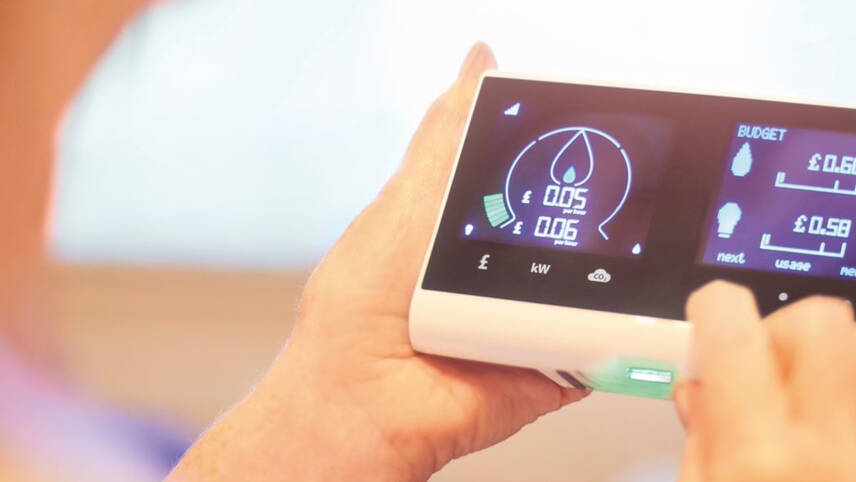Member only content free until 26/05/2024
To continue reading this article and enjoying free access to all Utility Week’s content up to the 26/05/2024 Register today!
Ready to become a member?

Public demand for smart meters is as strong as ever, despite a drop in installations since the turn of the year, an industry expert has said.
Data from Electralink shows there were 170,000 installations across Great Britain last month, 9% lower than April 2022 and 20% less than March this year.
It marks the fourth consecutive month that installation figures have been lower than the same month in the previous year. In total around 747,000 meters have been installed so far in 2023, 43,000 less than the 790,000 installed during the same period last year.
Yet independent energy systems specialist, Jeremy Yapp, formerly head of flexible energy systems at BEAMA, told Utility Week that the figures for 2023 do not signify a drop in demand for the devices and that 2022 “might be seen as an outlier” because the sector was making up for lost time from the pandemic.
He said: “In 2020 and 2021 there were some restrictions, there were severe supply chain challenges. I would suggest that in 2022 those challenges, whether in terms of price or lead times, had already been manifest and 2022 was a good year because we’d recovered from those Covid challenges.
“If 2023 is a little bit less, I don’t think we need to worry too much. I don’t think that this represents a cooling off of demand. All it means is we peaked [last year] because there was a long waiting list after Covid and now we are bedding back into a business as usual rate,” he added.
According to the latest government figures, at the end of 2022 there were 31.3 million smart and advanced meters in Great Britain in homes and small businesses. This represents 55% coverage from a rollout that has been going for more than a decade.
The lack of take up is a major concern for the industry, with the deadline to achieve the rollout by the end of 2025 fast approaching.
Yapp added: “Industry, government and Ofgem need to be looking at innovative ways to speed up the second half of this rollout and my suggestion would be a more targeted approach to where smart meters can do most good. Where can they do most good? In households that are especially hit by the cost of living crisis and by the energy price challenges.
“What I am talking about there is households that need even more help to manage their energy use better, to use energy more appropriately, to use it more efficiently and, hopefully, to use less and save money.”




Please login or Register to leave a comment.